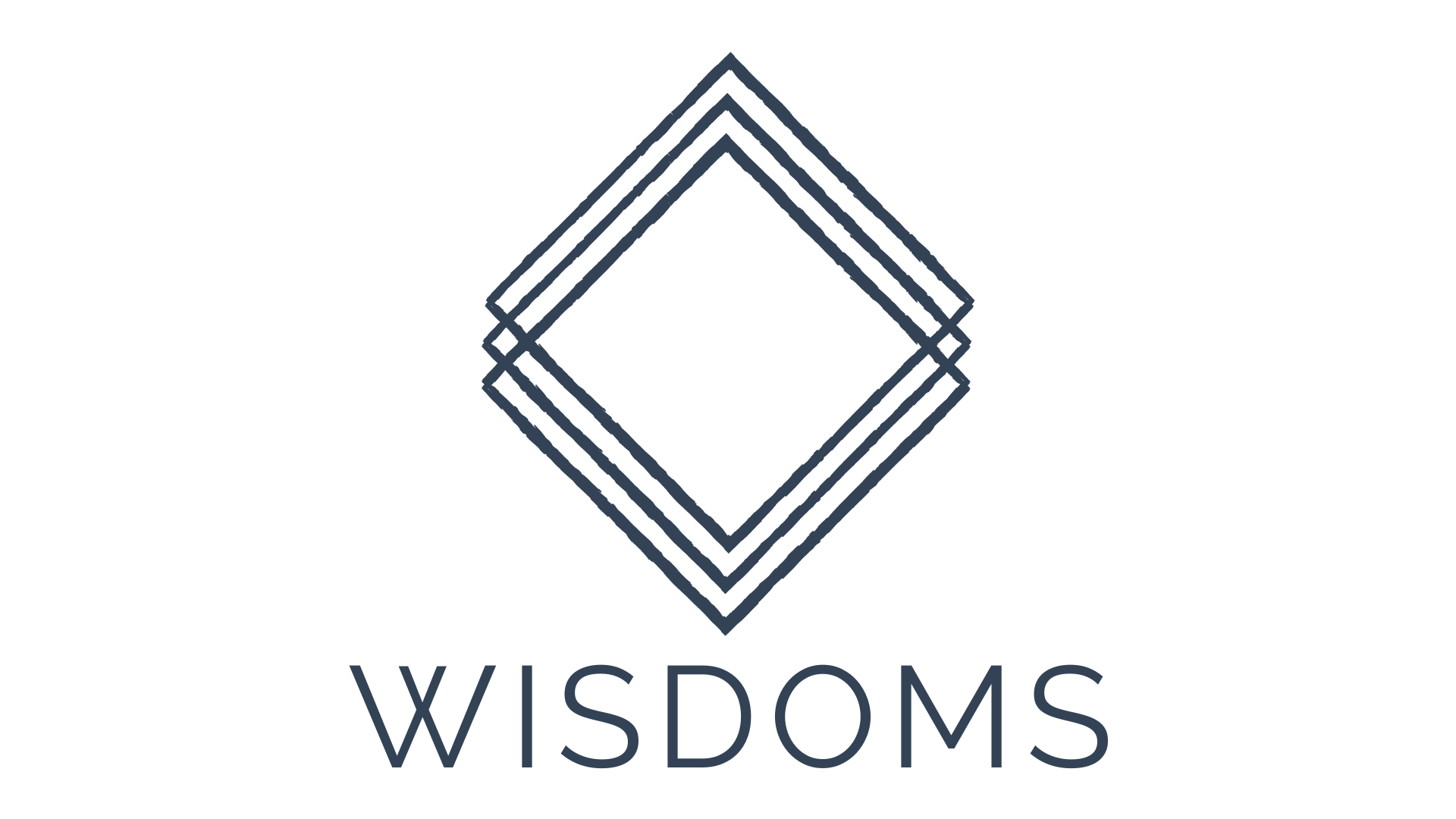If you are not a political animal you either ignore or are unaware of the politics happening around you, and in your business and industry. If you are politically savvy you have got the lay of the land, who’s who in the zoo and have assessed where your best bets and greatest risks lie. If you are a seasoned player you have the game well in hand.
Politics are not just for the campaign trail. Politics are inherent in any situation. Even friendly, egalitarian environments have aspects of politics playing out in the background. This is because we all have agendas. We all have positions and reputations we want to protect and enhance. We also all need access to resources. How these work out depends on who has what power.
Even kids quickly figure out where the weak link is between their parents and caregivers and will exploit any wavering to get what they want. In the movie My Big Fat Greek Wedding the Mom tells her daughter, “Let me tell you something Toula; the man is the head, but the woman is the neck and she can turn the head any way she wants.” Perfect example of family politics!
Life is unfair!
When we step into the workplace we expect our hard work, talent and growing experience and expertise to speak for themselves. But then we find someone completely unexpected, and we believe, a lot less qualified, gets promoted ahead of us. The brilliant idea we shared in a team meeting is acknowledged with enthusiasm and then quietly shelved, or worse, touted as the boss’s great solution.
Life is simply not fair. We want the good things we’ve done to add up to some equal reward but life doesn’t operate according to these kind of balancing scales. Certainly not in the short term. You may have your own beliefs about karma or spiritual forces at work that will result in some cosmic reckoning at some stage. But in the here and now there is no such balancing of the books, that in actual fact we expect to favour us.
With his typical wit Oscar Wilde gives us pause for thought when he says, “Life is never fair, and perhaps for most of us it’s a good thing it’s not.”
Understanding why there’s politics
This is not to say that our contribution doesn’t matter, it does. The danger is in underestimating or not taking proper cognizance of people dynamics. Getting ahead in any organization is not only about your resumé and the hours you put in. It is also about working productively and wisely with people.
The connotation of politics in business is usually negative. However, it is an inevitable aspect of life. Without acknowledging this, and gaining skill in managing the political arena, especially at work, you are probably limiting your opportunities.
Steve Harcourt, senior executive of a leading sports products company in the United States, makes the point, “If you ignore politics and make someone above you look bad, you’re going to have a short career.”
To begin with we have to see why politics are operating. Here are some of the causes of politics particularly in the workplace:
· People have differing ideas, values and perceptions. They then clash and vie to be heard and accepted.
· There is competition for positions, recognition and resources.
· People want and want to keep power.
· Rapid changes in strategy and organizational structure cause insecurities and shifts in power.
Understanding the political landscape at work
You don’t have to swim up to your neck in the sea of politics but even if you don’t want to be involved at all, you should have a keen sense of the landscape, to protect yourself if nothing else. The ex-CEO of a large manufacturing company told me to never underestimate the lengths to which people will go to further their careers.
I would liken your role in assessing the political landscape to that of a tracker in the wild. You are keeping alert but not out of fear or worry. Rather you are observing and watching for signs and indications of where power sits, and who and how things get done.
Here are some questions to help you on your tracking mission:
1. Is there a difference between the stated way of working and the actual way of working? That is, are you told one thing about policies and procedures but in reality different processes work?
2. Who are the influential people in this context?
3. Where are there social networks, conflicts and loyalties at play?
4. Who are the people in your immediate circle and how are they connected to the people of influence?
5. What are the needs, wants and values of the people in your circle, as well as those with influence?
6. What game are they playing to get what they want?
7. How are decisions made?
Observe, listen, form a hypothesis, and then see if it plays out in practice. All this is by way of knowing where the rough is and where the sand traps lie, as well as what handicap people are likely to be playing with.

